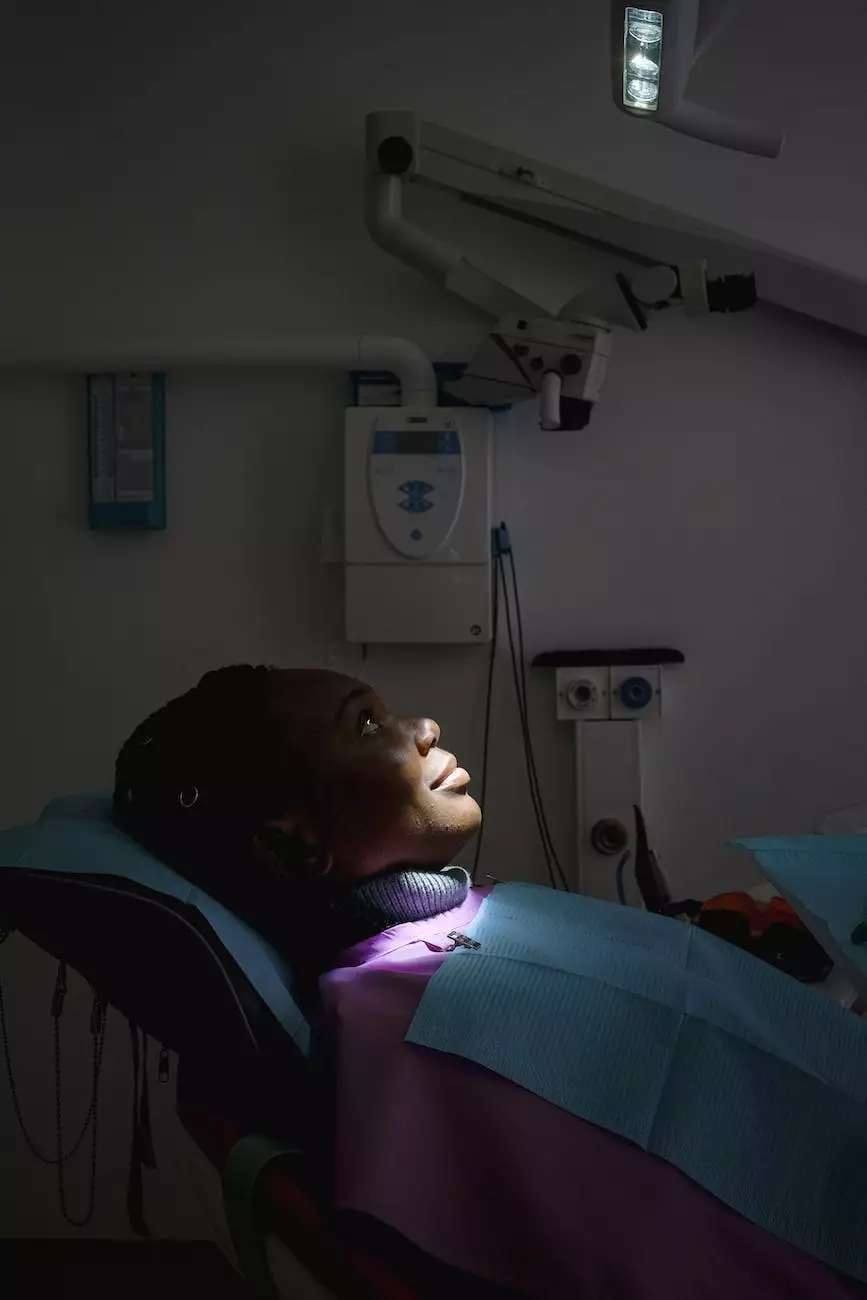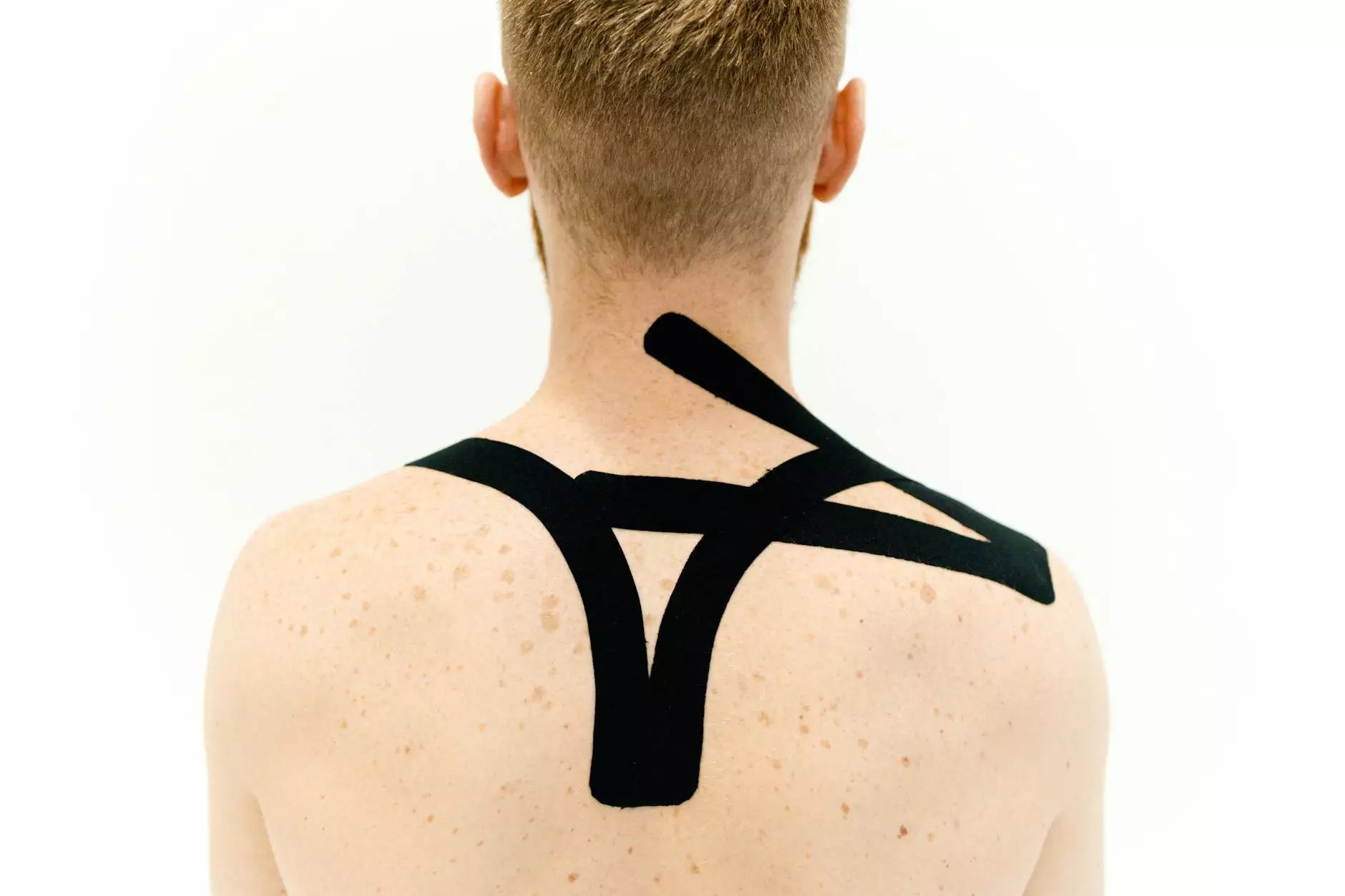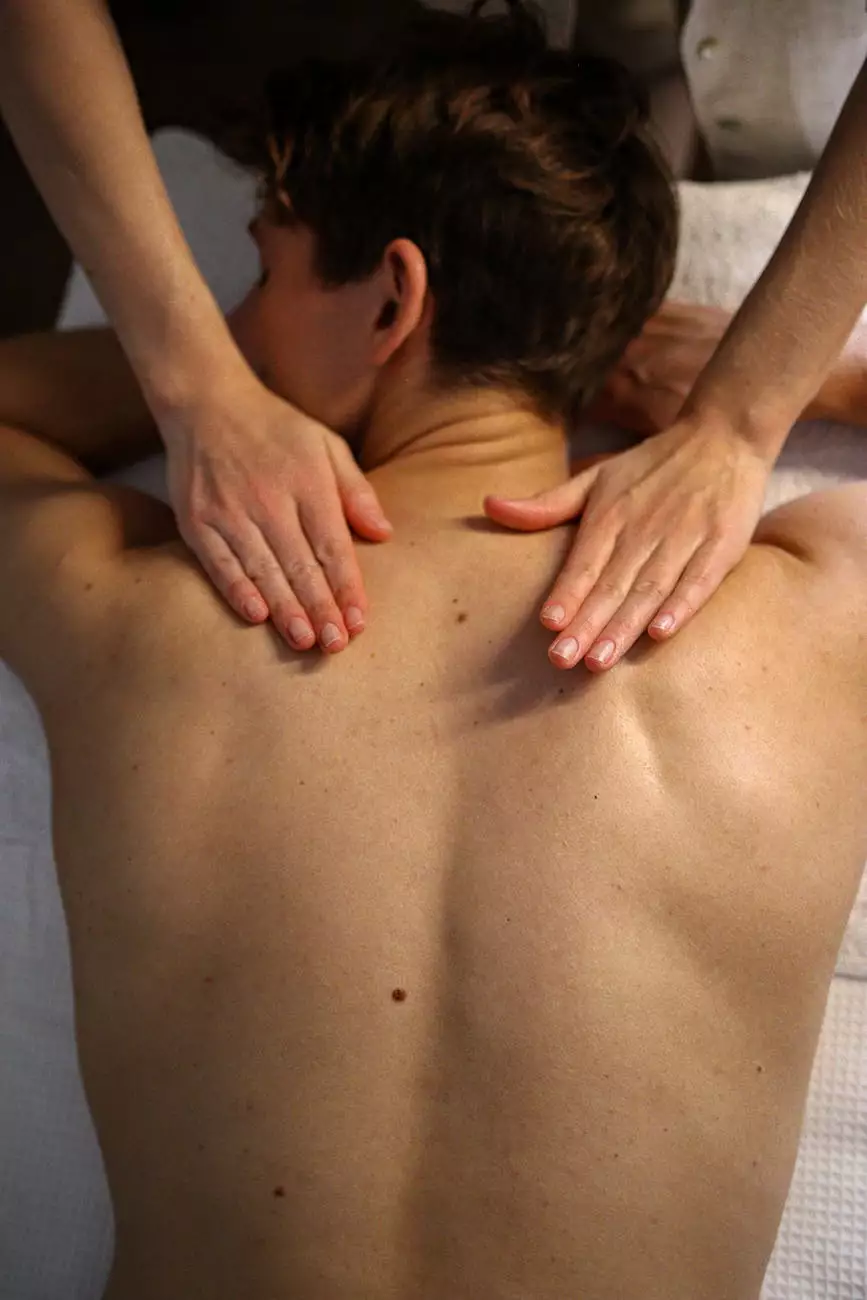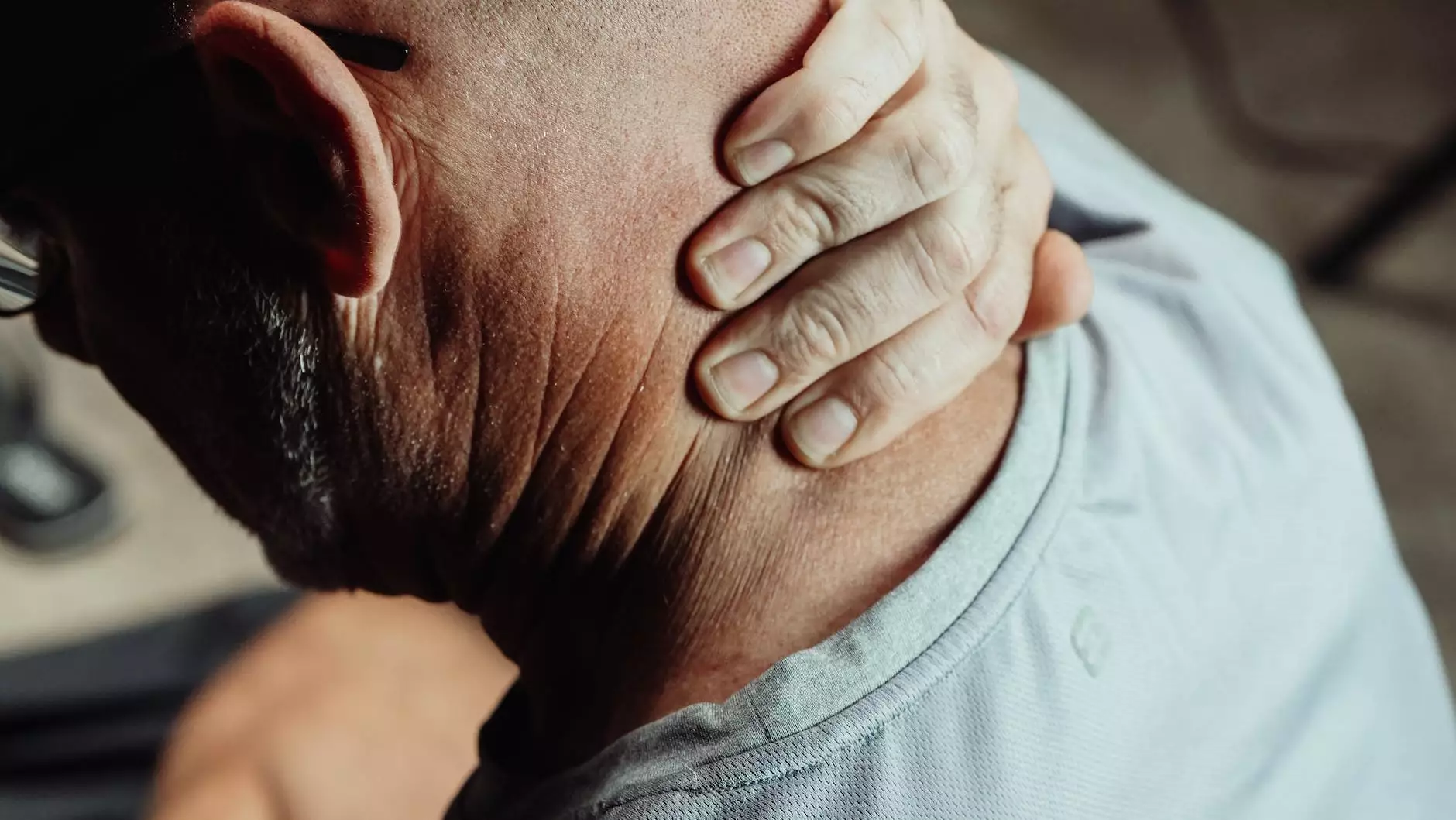5 Risk Factors That Can Lead to a Herniated Disc
Interventional Pain Management
Risk Factor 1: Age
As we age, our bodies naturally undergo changes, and one common change that can occur is the degeneration of spinal discs. These vertebral discs act as cushions between our vertebrae, providing support and allowing for flexibility. However, over time, they can become worn down and lose their water content, making them more susceptible to herniation. Age-related changes, such as decreased disc flexibility and weakened disc walls, make herniated discs more likely in older individuals.
Risk Factor 2: Excessive Weight
Being overweight or obese places extra stress on the spine, increasing the risk of herniated discs. The excess weight can cause added pressure on the discs, leading to structural damage and potential herniation. Additionally, carrying excess weight can strain the muscles and ligaments surrounding the spine, further contributing to disc problems. Maintaining a healthy weight through proper nutrition and regular exercise is crucial for reducing the risk of herniated discs.
Risk Factor 3: Repetitive Movements
Engaging in repetitive activities or motions, especially those that involve bending, twisting, or lifting heavy objects, can put excessive strain on the spinal discs. The repetitive stress can gradually wear down the discs and eventually lead to herniation. Certain occupations or hobbies that require repetitive movements, such as heavy lifting in construction or repetitive bending in gardening, may significantly increase the risk of herniated discs. Taking breaks, using proper lifting techniques, and practicing good posture can help prevent the development of herniated discs.
Risk Factor 4: Poor Posture
Maintaining good posture is essential for spinal health. Poor posture, such as slouching or sitting for extended periods in positions that strain the spine, can increase the risk of herniated discs. Incorrect alignment of the spine puts additional pressure on the discs, accelerating their degeneration and making them more prone to herniation. It is important to be mindful of posture during daily activities, including sitting, standing, and lifting, and to make necessary adjustments to ensure proper spinal alignment.
Risk Factor 5: Trauma or Injury
Trauma or injury to the spine can significantly increase the risk of herniated discs. Accidents, falls, sports-related injuries, and other physical traumas can cause sudden and forceful compression on the spinal discs. This pressure can result in the displacement of the inner disc material, leading to a herniation. Proper safety precautions, such as wearing protective gear and practicing caution during physical activities, can help minimize the risk of spinal trauma and subsequent herniated discs.
Expert Herniated Disc Treatments at Pain Management Care, PC
At Pain Management Care, PC, we specialize in providing advanced treatments and comprehensive pain management strategies for individuals with herniated discs. Our team of experts understands the complexity of herniated disc conditions and tailors treatment plans to meet each patient's unique needs.
Non-Surgical Treatment Options
We offer a range of non-surgical treatment options that aim to relieve pain, reduce inflammation, and improve overall mobility. These may include physical therapy, chiropractic care, spinal decompression therapy, and targeted medication management to alleviate discomfort and promote healing.
Minimally Invasive Procedures
In cases where conservative approaches have not provided sufficient relief, our experienced pain management specialists may recommend minimally invasive procedures. These procedures, such as epidural steroid injections or nerve root blocks, target the specific area of the herniation and deliver medications to reduce inflammation and alleviate pain.
Surgical Intervention
If conservative and minimally invasive interventions do not effectively address the herniated disc, our skilled surgeons are equipped to perform advanced surgical procedures. They utilize state-of-the-art techniques, such as microdiscectomy or spinal fusion, to remove or repair the damaged disc and stabilize the spine for long-term relief.
Trust Pain Management Care, PC for Your Herniated Disc Needs
When it comes to treating herniated discs, Pain Management Care, PC is dedicated to providing exceptional care and innovative solutions. Our team of specialists encompasses various medical disciplines, ensuring a comprehensive and customized approach to each patient's needs. By understanding the risk factors associated with herniated discs and seeking timely medical attention, you can take control of your spinal health and minimize potential complications.










